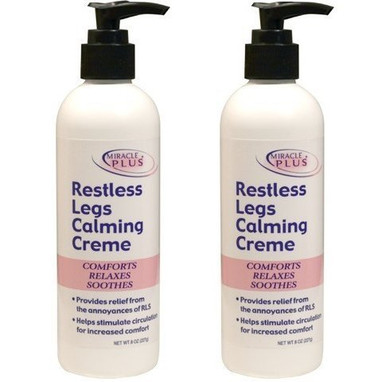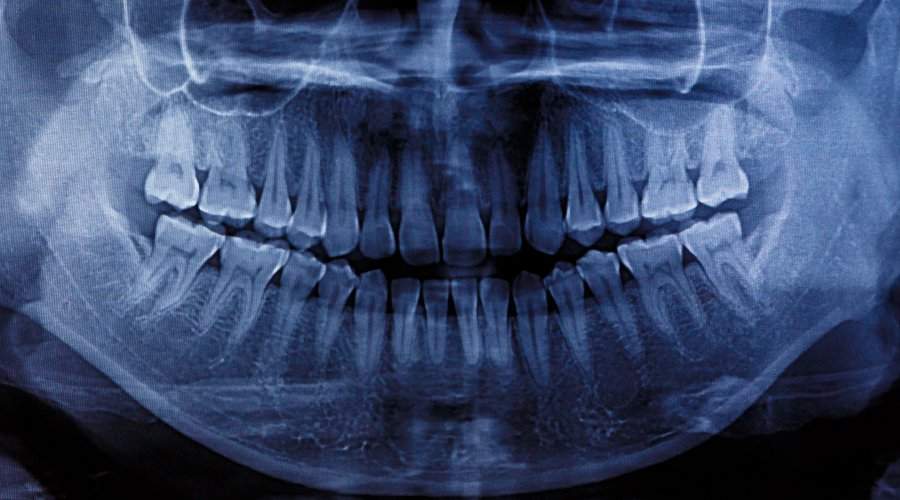Dandruff: Stop The Itching And Crawling Feel

The frustrating and embarrassing condition of dandruff - those pesky white flakes on your scalp, the relentless itching, and the crawling sensation that drives you mad. But don’t worry, you’re not alone in this struggle. Dandruff affects millions of people worldwide, and the good news is that it’s treatable. In this comprehensive guide, we’ll delve into the world of dandruff, exploring its causes, symptoms, and most importantly, effective solutions to help you say goodbye to those annoying flakes and hello to a healthy, flake-free scalp.
Understanding Dandruff: What Is It, And What Causes It?
Dandruff is a common scalp condition characterized by small, white or yellowish flakes that fall off, often accompanied by itching, redness, and irritation. It’s not a disease, but rather a condition that can be triggered by a combination of factors, including:
- Overproduction of skin cells: Dandruff is often associated with an overactive immune system, which can lead to an excessive production of skin cells on the scalp.
- Fungal infections: A yeast-like fungus called Malassezia lives on the scalp and feeds on the oils produced by the skin. In some people, this fungus can grow out of control, leading to dandruff.
- Sensitivity to hair care products: Harsh chemicals in shampoos, conditioners, and other hair care products can strip the scalp of its natural oils, leading to dryness, irritation, and dandruff.
- Stress and hormonal changes: Stress, hormonal fluctuations, and certain medical conditions can disrupt the natural balance of the scalp, leading to dandruff.
Symptoms: How To Identify Dandruff
Dandruff can manifest in different ways, but common symptoms include:
- White or yellowish flakes: Small, oily flakes that fall off the scalp, often accompanied by a powdery residue.
- Itching and scratching: Intense itching and scratching, which can lead to further irritation and inflammation.
- Redness and inflammation: The scalp may become red, swollen, and inflamed, especially if the condition is left untreated.
- Crawling sensation: A creepy, crawling feeling on the scalp, often accompanied by a sense of unease or discomfort.
Breaking The Itch Cycle: Effective Solutions For Dandruff
Now that we’ve explored the causes and symptoms of dandruff, it’s time to talk about solutions. The good news is that dandruff is treatable, and with the right approach, you can say goodbye to those annoying flakes and hello to a healthy, happy scalp. Here are some effective solutions to get you started:
- Medicated shampoos: Shampoos containing ingredients like zinc pyrithione, ketoconazole, or salicylic acid can help control fungal growth, reduce inflammation, and eliminate flakes.
- Anti-dandruff scalp treatments: Leave-on treatments or masks containing ingredients like coal tar, tea tree oil, or aloe vera can help soothe the scalp, reduce itching, and prevent flaking.
- Dietary changes: Eating a balanced diet rich in omega-3 fatty acids, vitamin B, and zinc can help support scalp health and reduce the risk of dandruff.
- Stress management: Practicing stress-reducing techniques like meditation, yoga, or deep breathing can help minimize stress and hormonal fluctuations that can contribute to dandruff.
Natural Remedies: Alternative Solutions For Dandruff
In addition to medicated shampoos and scalp treatments, there are several natural remedies that can help soothe the scalp, reduce itching, and eliminate flakes. Some of these include:
- Apple cider vinegar: A natural antifungal and antibacterial agent that can help balance the scalp’s pH and reduce fungal growth.
- Coconut oil: A nourishing oil rich in antioxidants and fatty acids that can help moisturize the scalp, reduce inflammation, and promote healthy hair growth.
- Tea tree oil: A potent essential oil with antifungal and antibacterial properties that can help control fungal growth, reduce itching, and promote a healthy scalp environment.
What are the most common causes of dandruff?
+The most common causes of dandruff include overproduction of skin cells, fungal infections, sensitivity to hair care products, and stress and hormonal changes.
How can I treat dandruff at home?
+You can treat dandruff at home by using medicated shampoos, anti-dandruff scalp treatments, and natural remedies like apple cider vinegar, coconut oil, and tea tree oil. It's also essential to maintain a healthy diet, manage stress, and avoid harsh hair care products.
Can dandruff be prevented?
+While dandruff can't be completely prevented, you can reduce the risk of developing it by maintaining a healthy scalp environment, using gentle hair care products, and avoiding excessive stress and hormonal fluctuations.
Conclusion: Taking Control Of Your Scalp Health
Dandruff is a common scalp condition that can be frustrating and embarrassing, but it’s not a life sentence. By understanding the causes, symptoms, and effective solutions, you can take control of your scalp health and say goodbye to those annoying flakes. Remember to be patient, persistent, and gentle with your scalp, and don’t hesitate to seek professional help if your condition persists or worsens. With the right approach, you can enjoy a healthy, happy scalp and a flake-free life.



